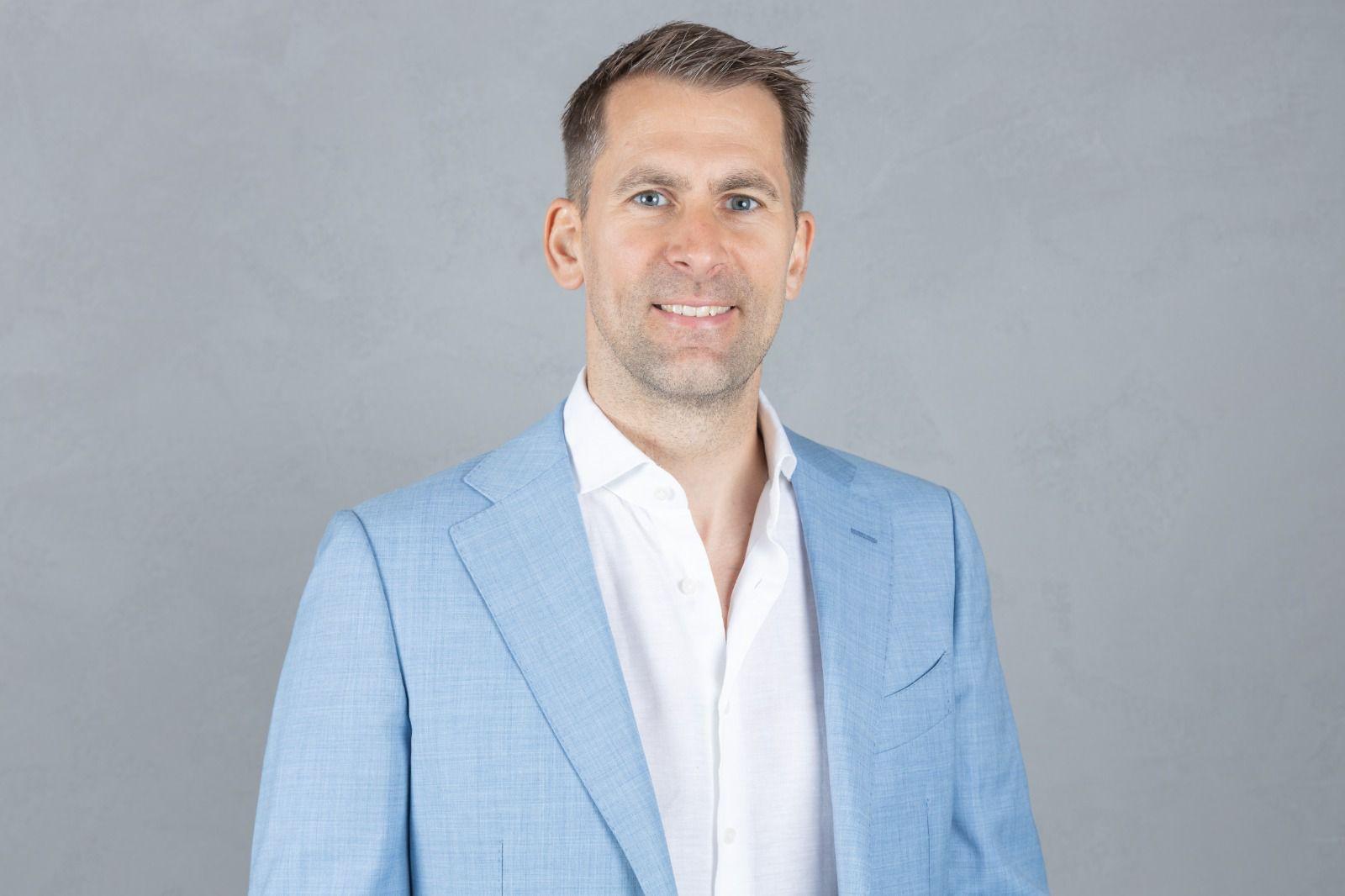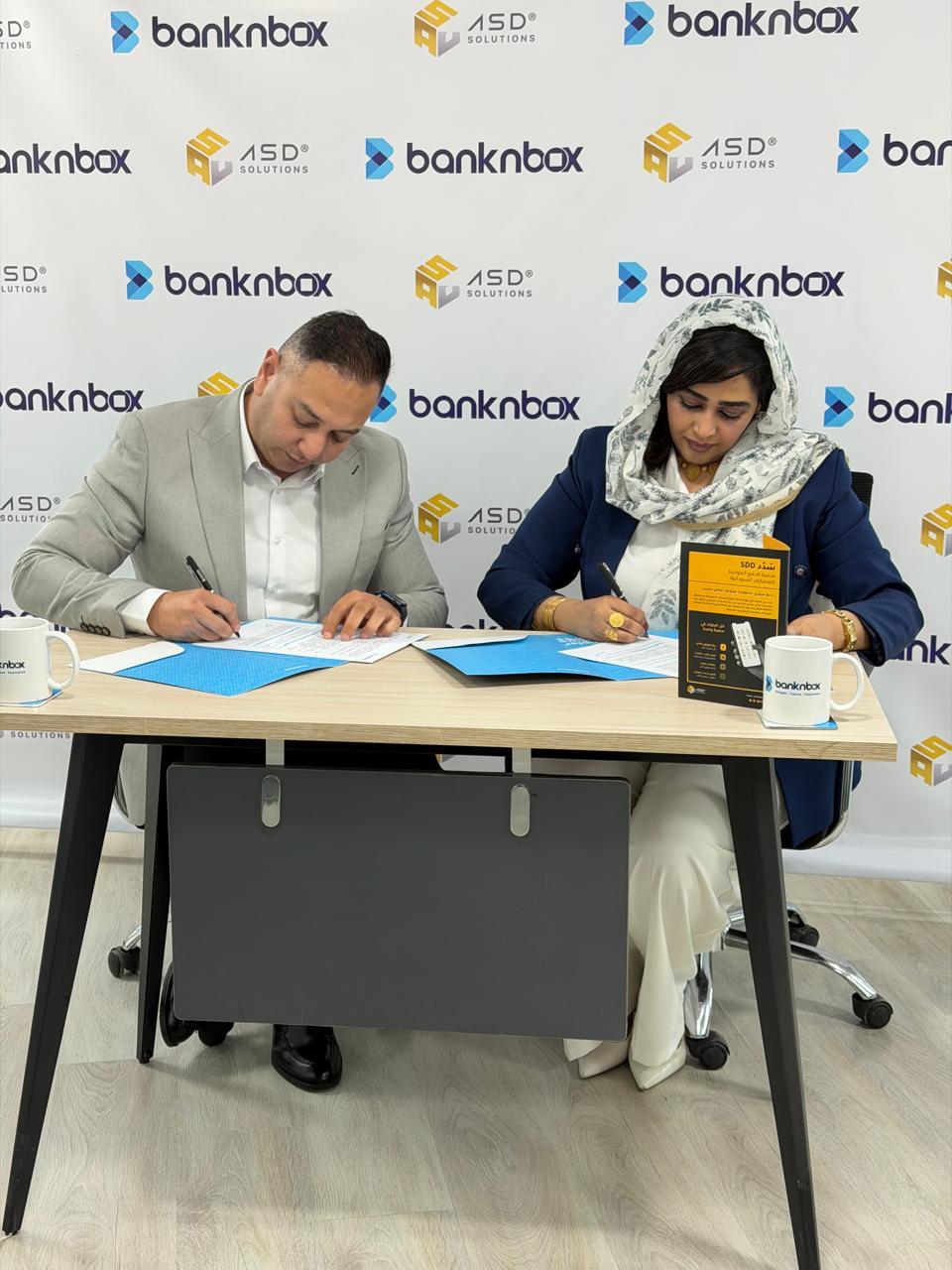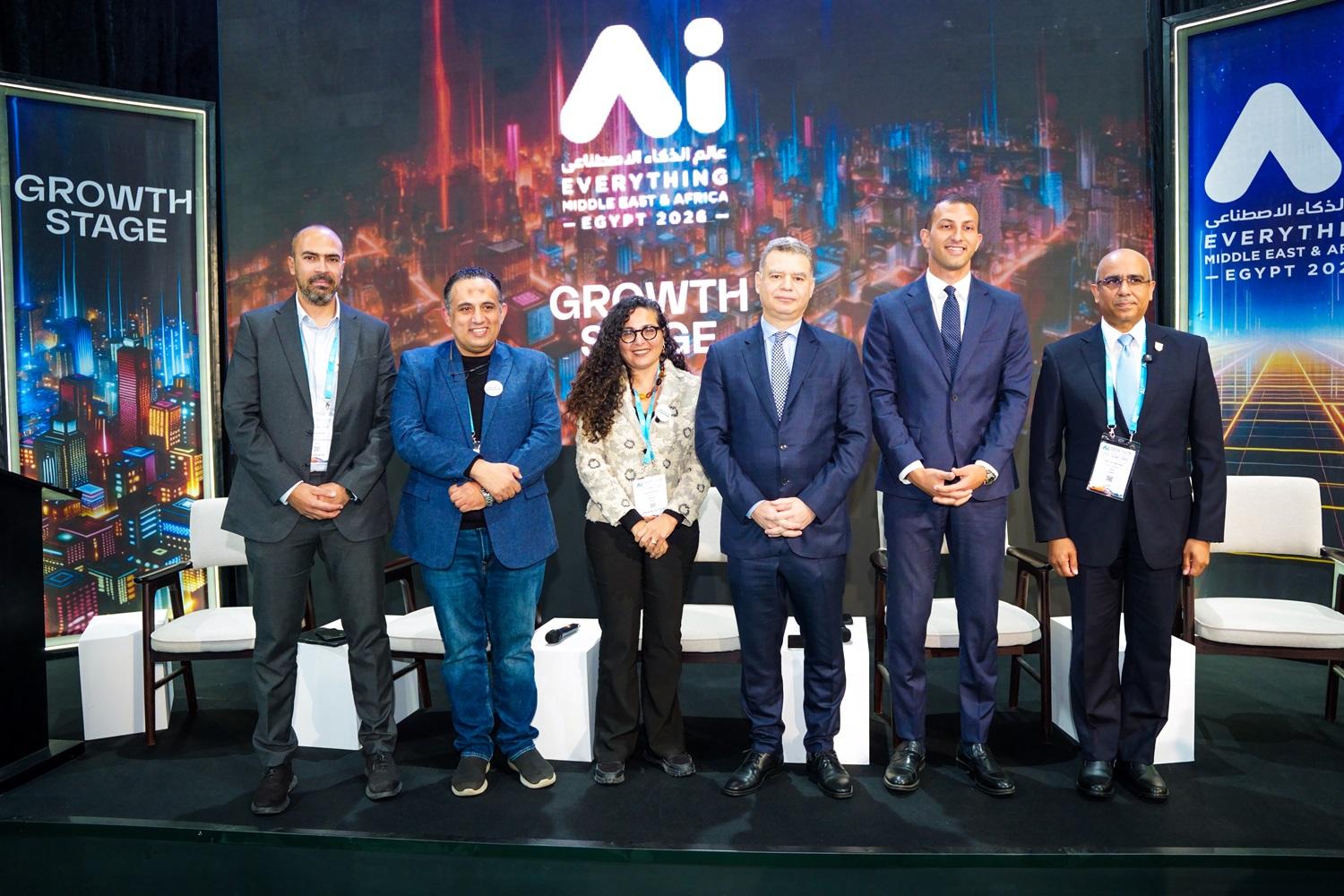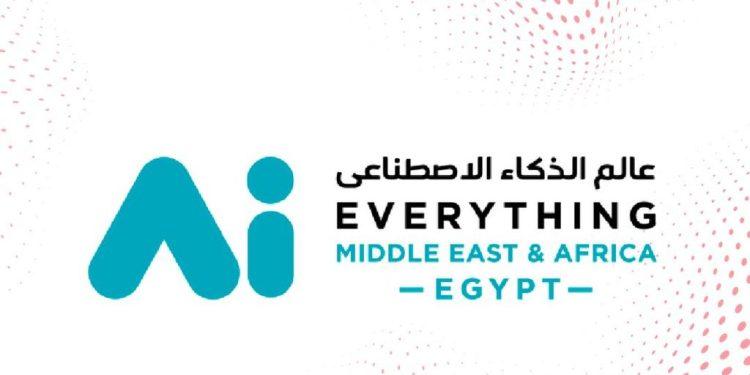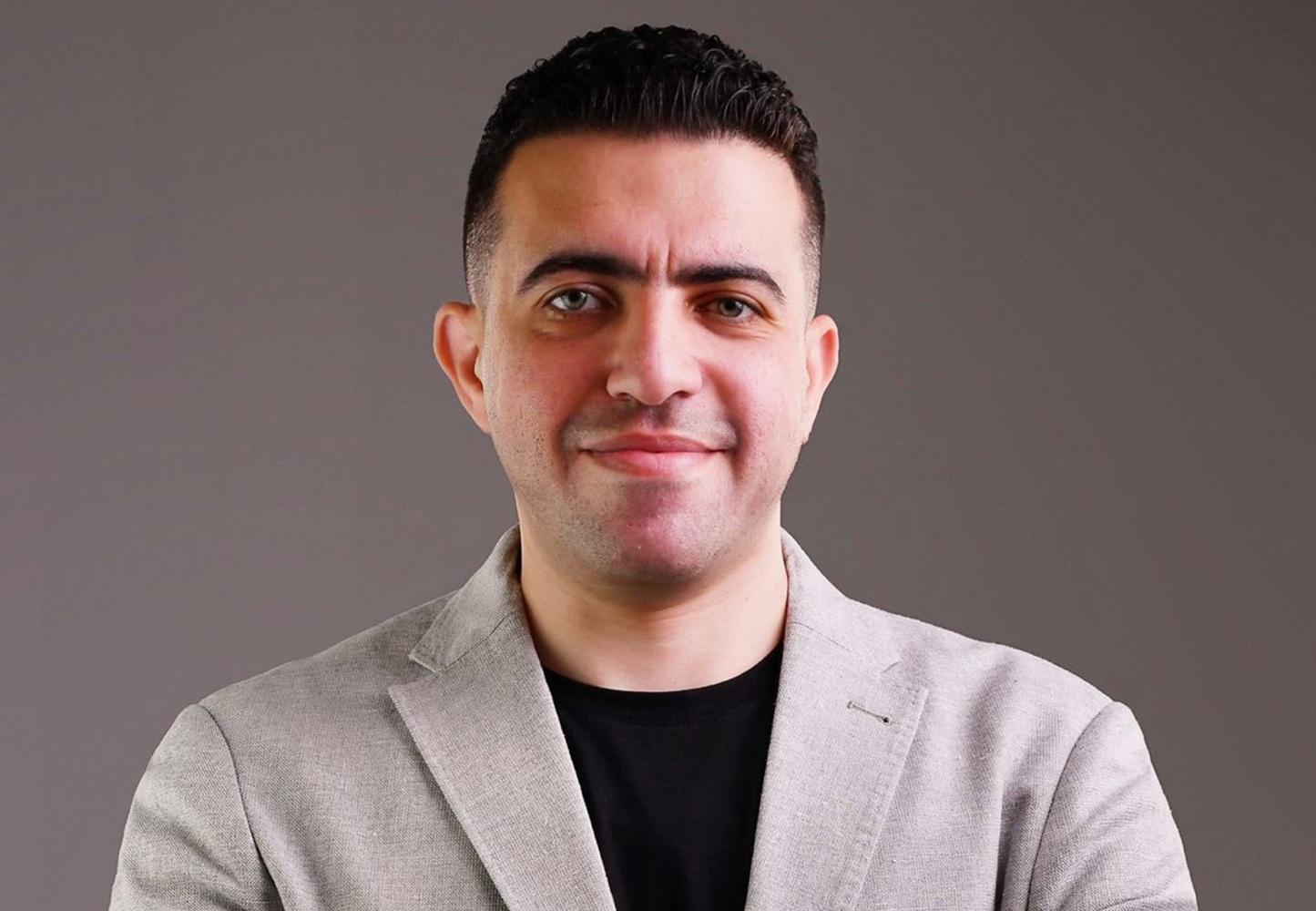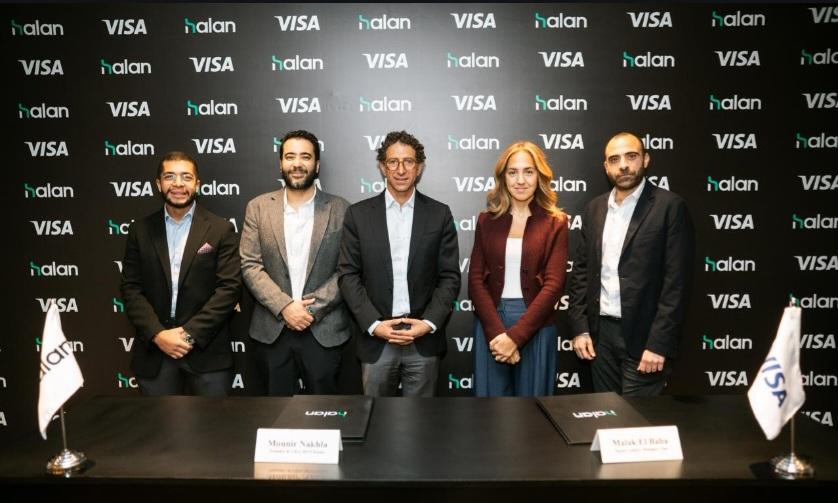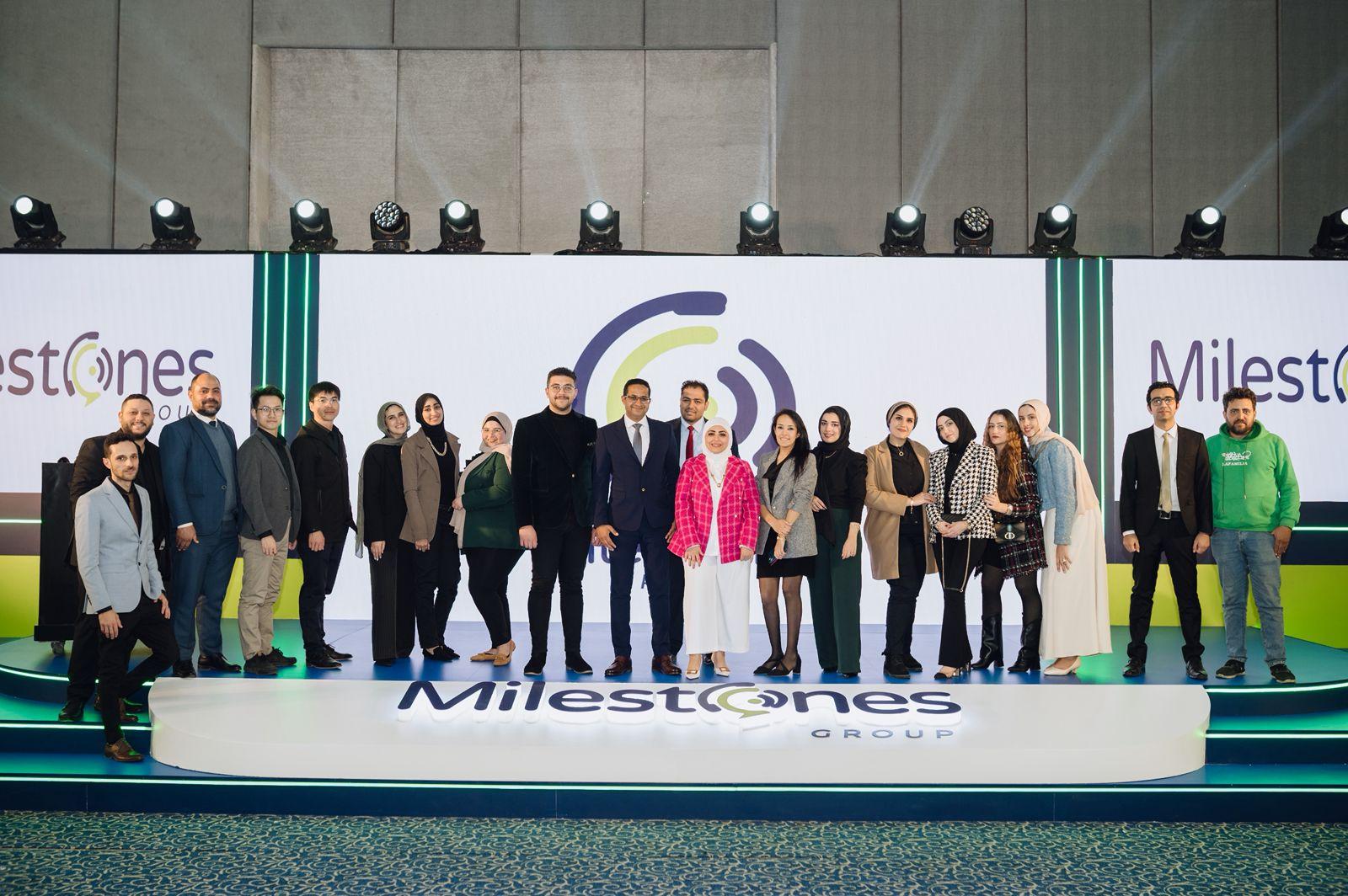B y ; Basel Khaled - Mohamed El Kholy
Secur’IT Cup is Kaspersky’s global competition that brings together ambitious students from across the world to work on fresh cybersecurity ideas, with the aim of helping to create a safer future. Participants have the chance to win cash prizes as well as experiences beneficial to young technology enthusiasts.
This year, the competition was moved online and brought together a record number of participants – more than 1,700 young contestants from all over the world. Paulo Fabri and Pedro Fabri (team IP2) from Brazil won first place in the competition with their project, titled ‘Cyber Clue game’, which is a game designed to increase general users’ awareness about cybersecurity, while team AMCET from India with their ‘AMCET: Android Malware Classification and evaluation with Threat Reporting’ project won second prize. Haythem Elnashar represented Egypt in the global IT security-focused competition, and his unique, highly-secure digital signature solution secured him the third place in the leaderboard, alongside winners from the Kyrgyz Republic.
His competition entry’s topic was ‘highly-secure digital signature using hybrid system of zero knowledge proofs and GAN data hiding with hardware acceleration’. As a Secur’IT Cup 2020 winner, Haythem will gain access to select cybersecurity and game development conferences or a professional course of his choice on one of the global MOOC (massively-open online courses) platforms. Haythem Elnashar said: “Taking part in a global contest really challenges one’s thinking of the issues that surround us today and pushes your creativity to its limits. I look forward to building on this success and continuing on the path of innovation, and using technology as a force for good.
” Denis Barinov, Head of Kaspersky Academy commented: “Secur’IT Cup is one of the Academy’s signature projects that bring together young talents in cybersecurity from all over the world. This year, we had to run the competition online. This has allowed us to extend the boundaries of the competition, as well as explore new ways of collaboration and networking among both contestants and participants.
This year we were able to bring students from 48 countries to this event, further fostering global collaboration among young professionals in cybersecurity. The event will undoubtedly drive innovation in our field forward. I would say that with this event we – literally – did all we could to bring on the future.”





